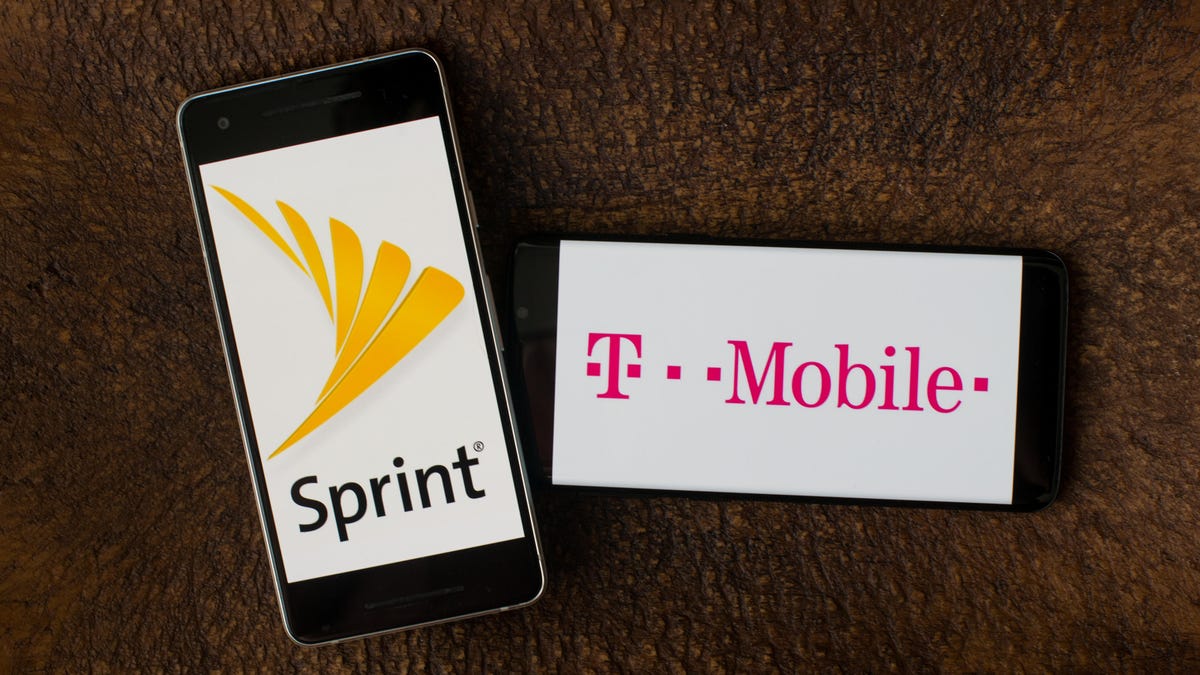New York attorney general says she won't appeal T-Mobile merger ruling
In a statement, New York AG Letitia James says she hopes to "work with all the parties to ensure that consumers get the best pricing and service possible."

New York, which led the fight against the T-Mobile/Sprint merger, will not be appealing a ruling to let the deal proceed.
After a lengthy legal battle, one of the states that led the charge to block T-Mobile's $26.5 billion merger with Sprint is laying down its arms. In a statement Sunday, New York Attorney General Letitia James -- who spearheaded the case against the merger alongside California AG Xavier Becerra -- said she will not be appealing a US District judge's ruling last week to allow the merger to proceed.
"After a thorough analysis, New York has decided not to move forward with an appeal in this case," James said in the press release. "Instead, we hope to work with all the parties to ensure that consumers get the best pricing and service possible, that networks are built out throughout our state, and that good-paying jobs are created here in New York."
In addition to thanking California and the other attorneys general who joined the fight against the deal, James noted that she's "gratified that this process has yielded commitments from T-Mobile to create jobs in Rochester and engage in robust national diversity initiatives that will connect our communities with good jobs and technology."
"We are committed to continuing to fight for affordability and access for all of New York's mobile customers," she said.
T-Mobile first announced its plans to merge with Sprint in 2018. Last year the deal won approval from the Federal Communications Commission and the Department of Justice, but shortly after the announcement of the DOJ approval (and the announcement of a DOJ-brokered deal to bring Dish in as a new fourth wireless carrier), the attorneys general filed suit to block the transaction. The case went to court in December and concluded in January.
The AGs argued that consolidation of the wireless market from four national players to three would lead to higher prices and worse service for consumers. During the long process to try and appease regulators and allay concerns, T-Mobile unveiled a host of promises and initiatives it would do should the merger be approved, including the promise of a new "customer experience center" in Rochester, New York, that it says would "create more than 1,000 new jobs."
T-Mobile declined to comment on the New York attorney general's statement.
While a step closer to completion, the deal is still subject to approval from the California Public Utilities Commission (CPUC) and is currently undergoing a Tunney Act review for antitrust concerns. It is unclear if AG Becerra will appeal the deal or voice his opinion against the deal to the CPUC as he has the right to do under California's laws.
An advisor for Becerra told CNET that they are reviewing their options, including an appeal and the AGs role in the CPUC vote.

